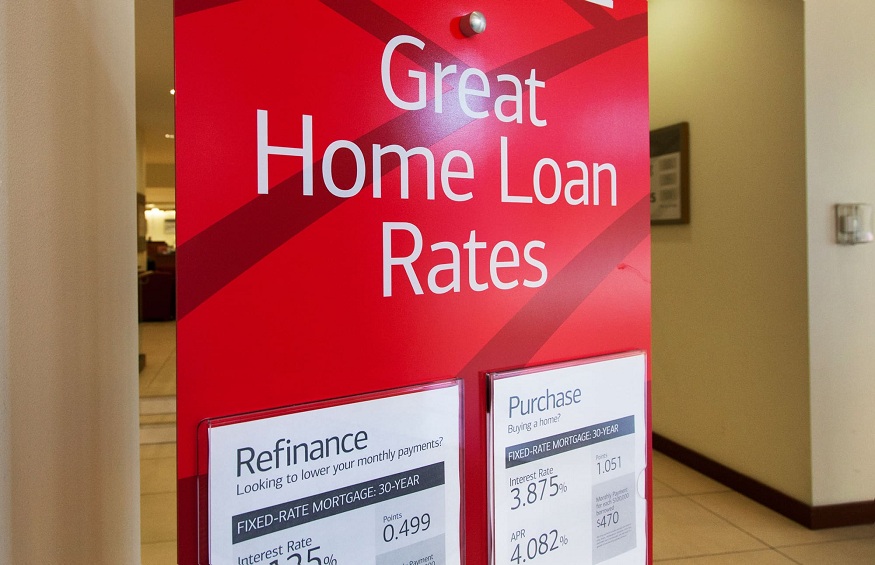A Comprehensive Guide on Home Loan Interest Rates

Home loans or housing loans are credits that you can avail from any lender of your choice to buy a new house, an under-construction property or a plot of land on which you can build your home. When you apply for a home loan, you mortgage the property with the lender until you fully repay the amount.
If, for any reason, you fail to repay the loan, the lender has legal rights over the property and they can sell the property to recover the dues. Another important thing to know about home loans is the interest rate.
Generally, the lenders in India offer home loans at fixed rate or floating rate. Let us know more about interest on housing loan.
The interest rate on a home loan is the certain percentage of the principal amount charged by the lender. The interest rate levied by the lender plays a vital role in determining the EMI (Equated Monthly Interest) of a home loan. Even a small difference in the interest rate could make a substantial difference in the savings you can get over time as the home loan tenure ranges from 20-30 years.
In fixed interest rate home loans, the interest rate remains unchanged throughout the loan tenure. However, experts suggest that the fixed interest rate is generally a few points higher than the floating interest rate, which means the total interest pay is higher than the interest rate you pay in a floating interest rate home loan. In floating interest rate home loans, the interest rate varies throughout the tenure based on the alteration in the underlying Benchmark.
What factors affect the home loan interest rate?
Benchmark lending rate
All financial organisations follow different types of benchmark lending rates. Typically, the banks follow the Repo rate set by the Reserve Bank of India as an external benchmark. Whereas, the NBFCs (Non-banking financial companies) follow PLR or Prime Lending Rate to determine their home loan interest rates. So, as a borrower, your home loan interest rate would vary based on the difference in the PLR and Repo rates.
Credit score
The lenders consider credit score as one of the important factors to determine the home loan eligibility. A high credit score of more than 700 suggests that you are a responsible borrower and are more likely to repay the loan on time. Hence the lender could charge a lower interest rate on home loans.
In contrast, if your credit score is poor or less than the minimum score required by the lender, it would showcase your bad credit history. And to mitigate the risk, the lenders may charge you a higher interest rate on home loans. So, make sure that you maintain a high credit score before you start applying for a home loan; consider it as a part of the home loan process.
Age and location of the property
The age, and location of the property plays a vital role in its resale value, and on the home loan interest rate. Generally, the properties that have high resale value are considered as a lucrative property by the lending organisations and often attract lower interest rates.
Final Word
When you are looking for the best home loan offer, look for a borrower that offers the loan at the most competitive interest rate and has the least charges with an easy approval process. Make sure that you do your research well about the lender, and read the term and conditions carefully before you sign the papers.






